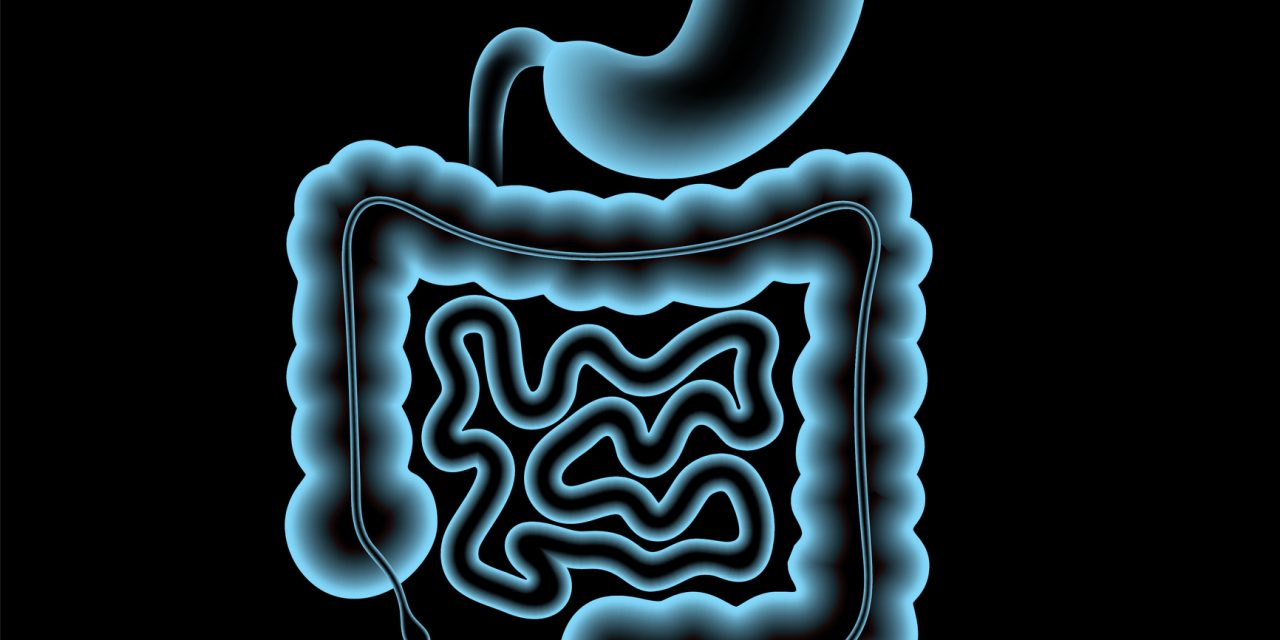Computed tomography (CT) is an x-ray based medical imaging technique commonly used for non-invasive gastrointestinal tract (GIT) imaging. Iodine and barium based CT contrast agents are used in the clinic for GIT imaging, however, inflammatory bowel disease (IBD) imaging is challenging since iodinated and barium based CT agents are not specific for sites of inflammation. Cerium oxide nanoparticles (CeNP) can produce strong x-ray attenuation due to cerium’s k-edge at 40.4 keV, but have not yet been explored for CT imaging. In addition, we hypothesized that the use of dextran as a coating material on cerium oxide nanoparticle would encourage accumulation in IBD inflammation sites in a similar fashion to other inflammatory diseases. In this study, therefore, we sought to develop a CT contrast agent, i.e. dextran coated cerium oxide nanoparticles (Dex-CeNP) for GIT imaging with IBD. We synthesized Dex-CeNP, characterized them using various analytical tools and examined their in vitro biocompatibility, CT contrast generation and anti-oxidant properties. In vivo CT imaging was done with both healthy mice and a dextran sodium sulfate induced colitis (DDS-colitis) mouse model, and Dex-CeNP’s CT contrast generation and accumulation in inflammation sites were compared with an FDA approved CT contrast agent, i.e. iopamidol. Dex-CeNP was found to be protective against oxidative damage. Dex-CeNP produced strong CT contrast, accumulated in the colitis area of large intestines, and 99.9 % of oral doses were cleared from the body within 24 hrs. Therefore, Dex-CeNP can be used as a potential CT contrast agent for imaging GIT with IBD, while retaining its anti-oxidant properties.
Dextran Coated Cerium Oxide Nanoparticles: A Computed Tomography Contrast Agent for Imaging the Gastrointestinal Tract and Inflammatory Bowel Disease.


